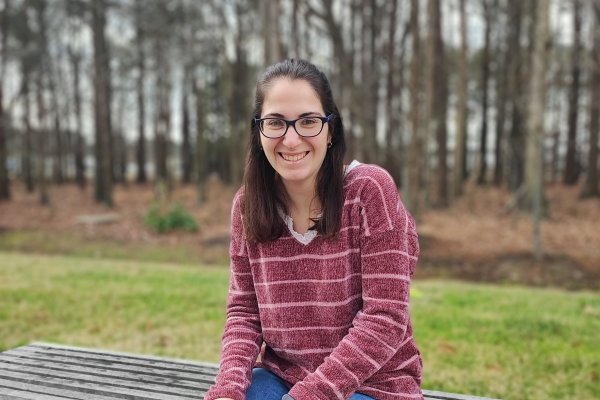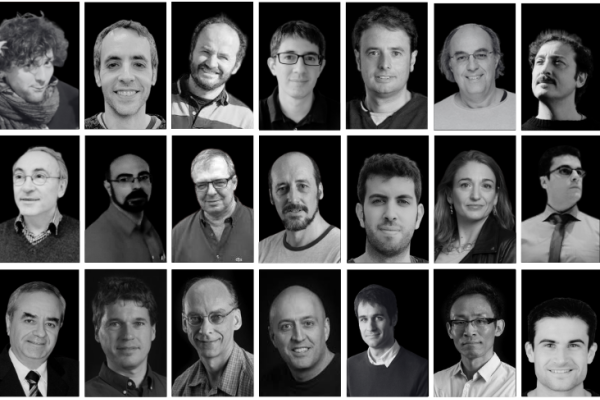Glòria Montaña, a former predoctoral researcher at the Institute of Cosmos Sciences of the University of Barcelona, has received the 2023 Dissertation Award in Hadronic Physics for her thesis “Effective-field theory description of heavy-flavoured hadrons and their properties in a hot Medium” by the American Physical Society (APS), "for outstanding progress in understanding the properties of heavy mesons in hot matter with the combination of non-perturbative hadronic theories and finite-temperature field theories."
This award recognizes outstanding early-career scientists who have performed original research in the area of hadronic physics, and it consists on $1,500, a certificate, up to $1,500 in travel reimbursement, and a registration waiver to receive the award and give an invited talk at the biennial meeting of the Topical Group on Hadronic Physics.
Dr. Montaña obtained her Bachelor's degree in Physics from the University of Barcelona (2016) and the Spanish Inter-University Master's Degree in Nuclear Physics (2017), finishing second and first of her promotion, respectively, with an academic record full of honours and the Extraordinary master's degree Award. She was awarded the competitive FPU predoctoral grant from the Spanish Ministry to pursue a doctoral degree. In July 2022, Glòria received her Ph.D. from the University of Barcelona, for which she received the Excellent Cum Laude qualification. Her dissertation work, completed with the joint supervision of Dr. Àngels Ramos (Institute of Cosmos Sciences of the University of Barcelona) and Dr. Laura Tolós (Institute of Space Sciences, ICE), focused on the description of heavy-flavoured hadrons and their properties in a hot medium using effective field theories. Now a postdoctoral fellow in the Theory Center at Jefferson Lab and a member of the JPAC Collaboration, Glòria is broadening her research in hadron spectroscopy to include amplitude analysis to support the physics studied at Jefferson Lab and related facilities around the world.



